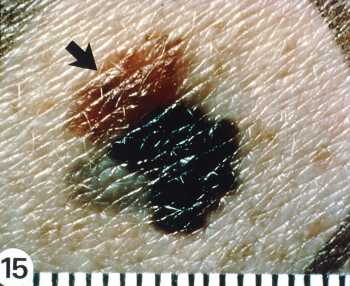MedicalResearch.com Interview with:
 Rafael Amado, M.D.
Rafael Amado, M.D.
President, head of Global Oncology Research and Development
Zai Lab
MedicalResearch.com: What is the background for this study?
Response: Zai lab is focused on discovering and developing innovative therapies that will help address medical conditions where there are serious unmet needs. Advanced ovarian cancer, with a low survival and high recurrence rate, is a key focus of our oncology R&D research. In addition to our own discovery program, as part of our open innovation model we partner with companies to license drugs for patients in China and co-develop therapies to address leading causes of cancer death. We currently have a license and collaboration agreement with GSK for the development and commercialization of ZEJULA (niraparib) in mainland China, Hong Kong, and Macau.
PRIME was a follow-on study to a previously conducted study called PRIMA, which demonstrated clinical benefit of niraparib in newly diagnosed patients with advanced ovarian cancer regardless of biomarker status. The PRIMA study enrolled a population at high risk of recurrence. Thirty-five percent of patients in PRIMA received an individualized starting dose (ISD) of niraparib based on their baseline weight and platelet count. To further evaluate the efficacy and safety of niraparib with an ISD in a broad population, we decided to conduct the PRIME study. We wanted to explore further whether we could decrease toxicity using an ISD and how it would affect clinical outcomes.
The Phase 3 PRIME study was conducted at 29 hospitals in mainland China. PRIME was a randomized, placebo-controlled trial designed to evaluate the efficacy and safety of niraparib at an ISD as first-line maintenance therapy in a broad range of patients with newly diagnosed advanced ovarian cancer. All patients in PRIME received an ISD based on their baseline body weight and platelet count.
(more…)





